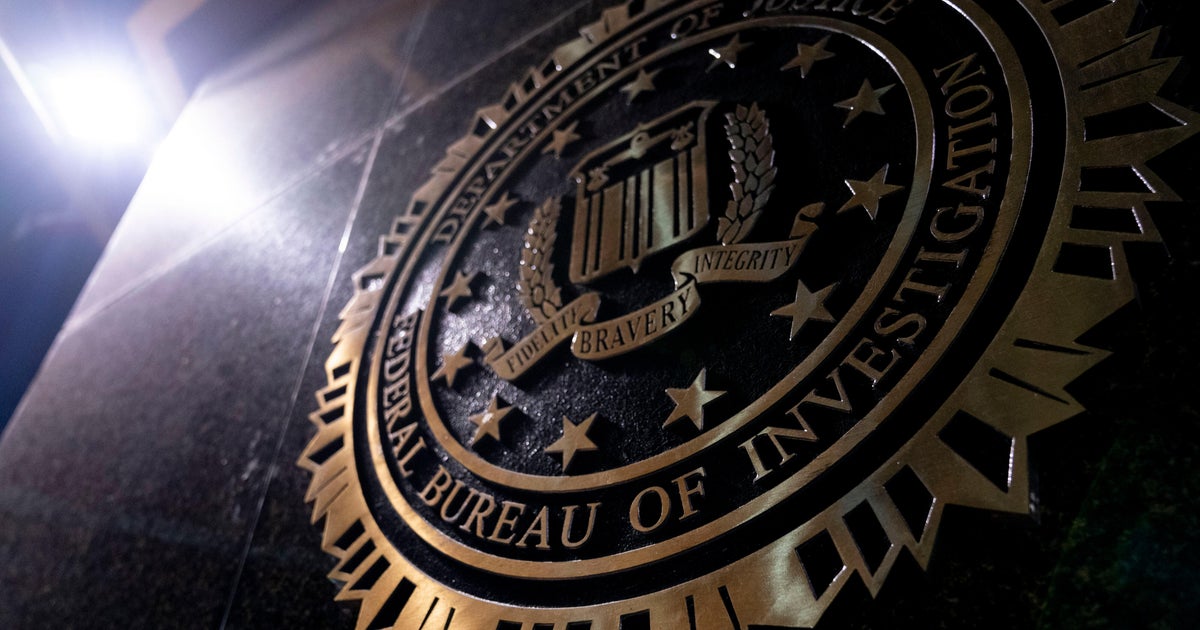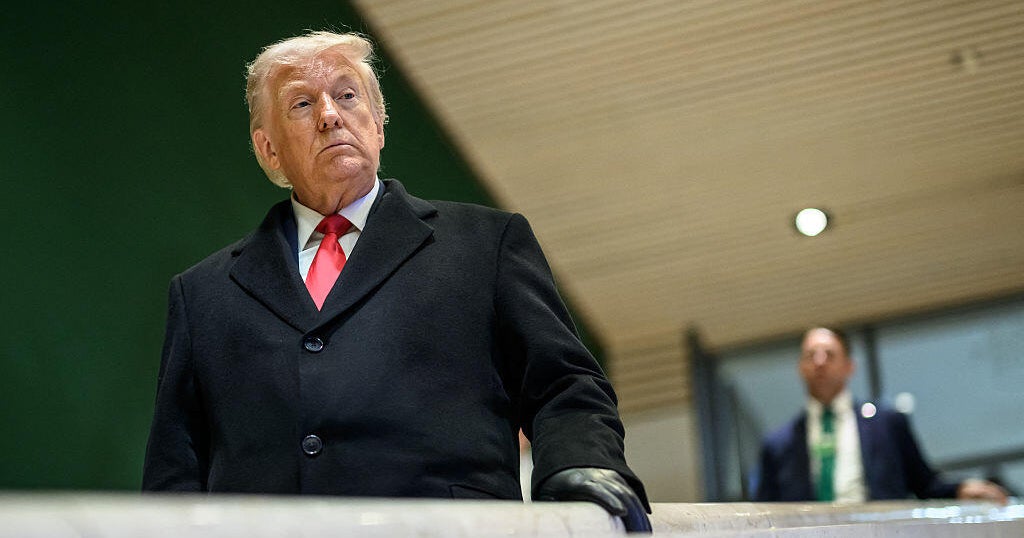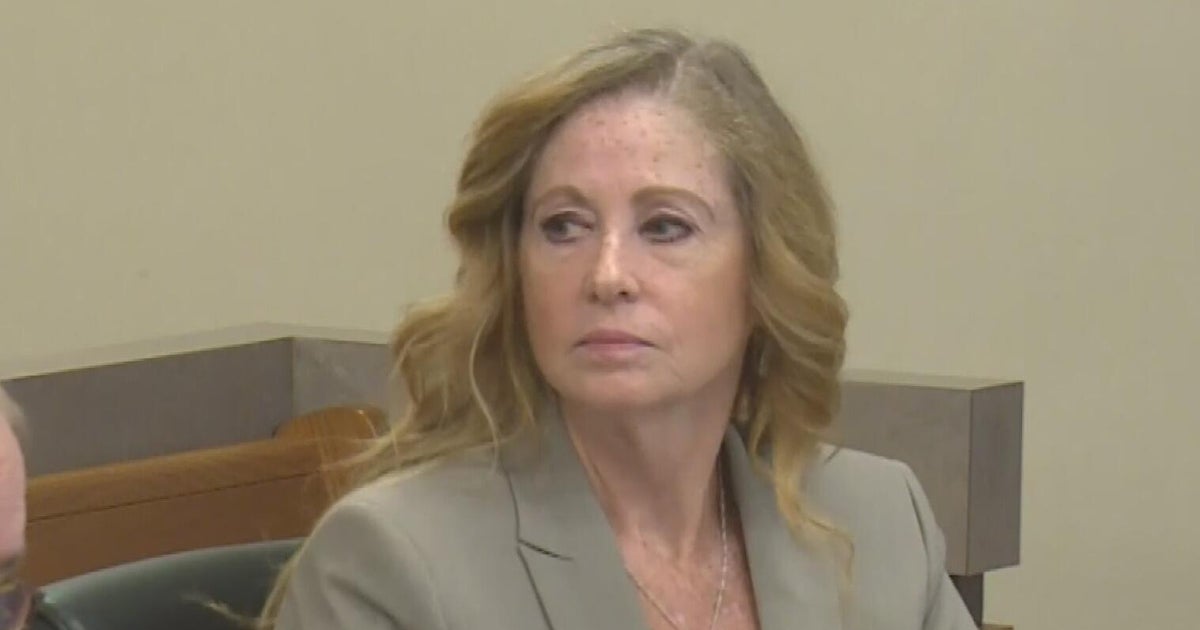Trump likely couldn't be prosecuted for tax fraud – even if the Times report is true
After the New York Times published a detailed report alleging the Trump family avoided paying taxes for decades, the New York state tax department said it is studying "vigorously pursuing all appropriate avenues of investigation." New York City also said it would investigate. A spokesman for the Internal Revenue Service declined to comment.
But the chances of a criminal prosecution are virtually nil, say tax experts and attorneys.
"For federal purposes, the statute of limitations for bringing the charge based on a tax crime is six years after the act," said Megan Brackney, a partner at Kostelanetz and Fink. "If there was no return filed, it's six years after the due date."
The Times said President Trump received at least $413 million in today's dollars from his father over the decades, much of that through complex and questionable tax maneuvers and outright fraud. The report contradicts Mr. Trump's longtime portrayal of himself as a self-made billionaire who started with just a $1 million loan from his father. Most of the events described by the Times took place decades ago, prior to Fred Trump's death in 1999.
A lawyer for Mr. Trump, Charles J. Harder, told the Times that there was no "fraud or tax evasion" and that parts of the report were "extremely inaccurate." Mr. Trump insists he did nothing wrong on his taxes and tweeted:
The White House dismissed the report as a "misleading attack against the Trump family by the failing New York Times."
"Old and cold"
To bring criminal charges against Mr. Trump, investigators would have to find a continuing tax fraud conspiracy that stretched into recent years, tax experts said. That's unlikely, since many of the events the Times described took place prior to Fred Trump's death in 1999.
"We have a phrase in the world of tax controversy, 'old and cold.' And this is definitely it," said Brackney. "But now it's all fresh and new because of the media attention on the people involved."
Tax attorneys were also skeptical that the IRS would pursue any civil investigation, mainly because, according to the Times' account, IRS officials have extensively audited the Fred Trump estate that largely ended up going to Mr. Trump and his siblings.
"That ship has sailed," said Mark W. Everson, IRS commissioner during President George W. Bush's second term, told the Associated Press.
"The government doesn't reopen estates and gifts very often," said Lee Sheppard, contributing editor to Tax Analysts' Tax Notes. "If you're arguing about the value of things, how do you establish the value of something? The government loses a lot of valuation arguments."
Civil fraud charges for intentionally underpaying taxes, as the Times alleged the Trump family did, could include a penalty of up to 75 percent of the unpaid federal taxes and double the unpaid state amount, the AP reported.
In addition to maneuvers aimed at avoiding estate taxes, the Times reported that Fred Trump paid little to no federal gift taxes on eight apartment buildings that were transferred to Donald Trump and his siblings in the 1960 and '70s.
That opens another possible avenue of investigation, Beth Shapiro Kaufman, a Caplin & Drysdale tax lawyer and a former Treasury official, told the AP. There is typically a three-year statute of limitations on federal gift inquiries, but that doesn't apply when a gift is made without being reported to the government. And if the donor is dead, the IRS would have the ability to go after the beneficiary of the gift for unpaid taxes, Kaufman said.
In New York, tax officials had already been looking into whether Mr. Trump or his charitable foundation misrepresented their tax liability. State law would allow them to seek civil penalties if they can show someone intentionally sought to evade taxes, even decades ago. Those who lose such cases are often required to pay their back taxes along with penalties.
While it's technically possible to open up old tax cases, to be successful, the government has the high burden of proving intent to break the law, said Fred Slater, a Manhattan CPA who has worked on real estate issues for over 40 years.
"Prove it," he said. "It's not clear-cut, and there will be a pushback over exactly that point."
The Associated press contributed to this report.





